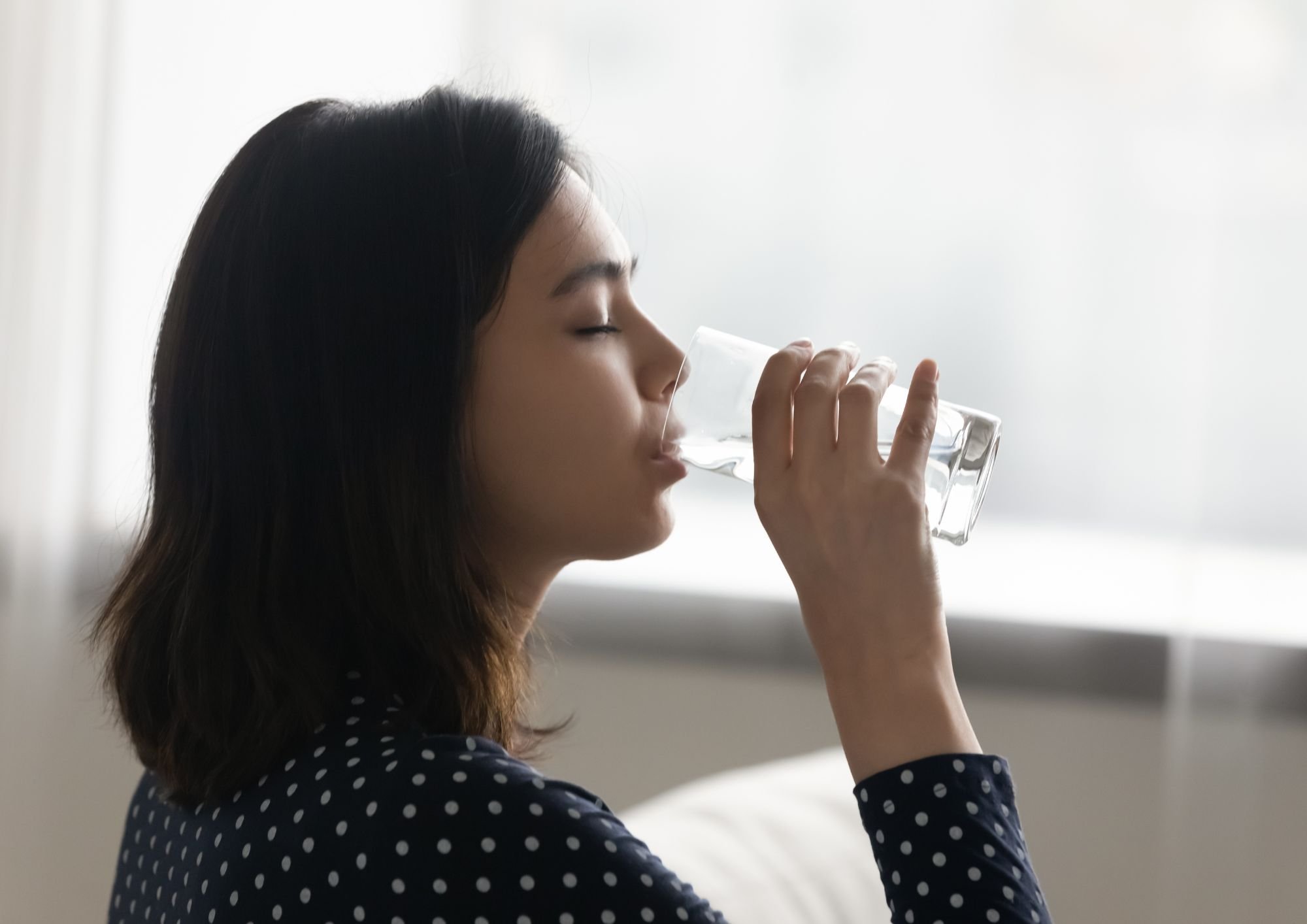
Incontinence
Understanding Incontinence
Incontinence refers to the involuntary leakage of urine or faeces, and it is a common condition affecting millions of women worldwide. While it can occur at any age, it is more prevalent among older women, especially those who have experienced childbirth.
Incontinence can significantly impact a woman's quality of life, leading to embarrassment, social isolation, and a reluctance to engage in physical activities. However, it is important to remember that incontinence is not an inevitable part of aging, and effective treatments are available.
Symptoms of Incontinence
The symptoms of incontinence can vary depending on the type but may include:
Unintended Leakage: The most obvious symptom, which can occur during physical activities, sudden urges, or even while sleeping.
Frequent Urination: Needing to urinate more than eight times in a 24-hour period.
Urgency: A sudden, strong urge to urinate that’s difficult to delay.
Nocturia: Waking up multiple times during the night to urinate.
Difficulty Emptying Bladder: Feeling that the bladder is not completely empty after urination.
If you are experiencing any of these symptoms, it’s important to seek medical advice. Incontinence can often be treated, and early intervention can prevent the condition from worsening.
Preventing Incontinence
While not all cases of incontinence can be prevented, there are steps women can take to reduce their risk:
Maintain a Healthy Weight: Keeping a healthy weight can reduce the strain on your pelvic floor muscles.
Practice Pelvic Floor Exercises: Regular pelvic floor exercises can help maintain muscle strength and prevent stress incontinence.
Avoid Bladder Irritants: Limiting the intake of caffeine, alcohol, and acidic foods can help reduce the risk of urge incontinence.
Quit Smoking: Smoking can lead to chronic coughing, which increases the risk of stress incontinence. It’s also linked to bladder cancer, which can contribute to incontinence.
Stay Active: Regular physical activity can help maintain a healthy weight and reduce the risk of developing incontinence.
Incontinence is a common condition that can significantly impact a woman’s quality of life. However, with the right diagnosis and treatment, it is possible to manage and even overcome incontinence.
At Elysian Women’s Health, our team is here to support you every step of the way. We offer a comprehensive range of treatments and personalised care plans to help you regain control and improve your quality of life.
